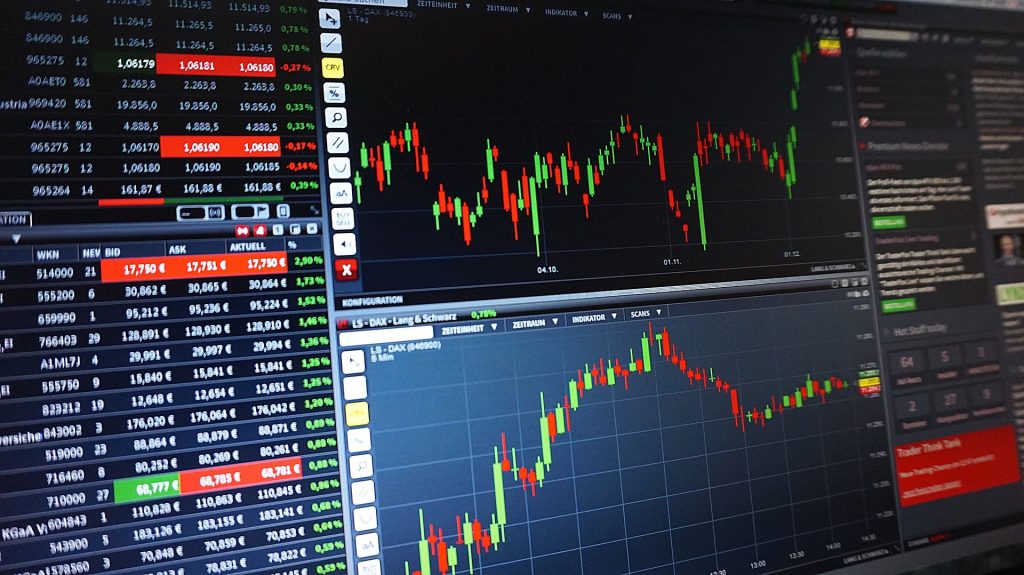In stock market indices, trading hours are significant. Because investors can only buy and sell indices during these hours. These hours have a significant impact on trading strategies and are essential for managing the overall trading portfolio.

Factors influencing trading hours for stock market indices
Trading hours for stock indices are influenced by a variety of factors. Investors must know these factors to optimize their trading strategies accordingly.
Market dynamics
Trading volume, Volatility, and liquidity are some of the major market dynamics that influence the trading hours. Trading hours of indices are generally adjusted to suit the demands of the investors, thereby optimizing market efficiency.
Market Holidays
Market Holidays are the days when the market is closed for trading. These days include national holidays, religious holidays, or holidays for other special events. These days generally vary according to the country and exchange. Holiday schedules are generally published in advance to inform the investors. Investors must keep track of those days and plan their trading accordingly.
Exchanges and Regulations:
The trading hours of stock market indices are mostly determined by the exchanges and their operational hours. Based on variables including market demand, regulations, and technology advancements, each exchange determines its trading hours.
Regulatory authorities also have an impact on trading hours. They define guidelines and protocols to ensure fair and orderly trading, such as establishing regular trading hours or approving changes to the existing schedules.
Trading hours
The following are the types of trading hours.
- Regular trading hours
Regular trading hours are the standard hours during which trading activity takes place. On weekdays, Monday through Friday, the regular trading hours in India are from 9:15 AM to 3:30 PM Indian Standard Time (IST). This covers around 6 hours. These hours are regular and offer investors with a clearly defined time window to trade.
There will be more buyers and sellers at these times due to the high market liquidity. Because of the heightened trading activity, news announcements, earnings releases, and other market-moving events also take place during these hours.
- Pre-market trading
Stock purchases and sales made before the stock market’s regular opening hours are referred to as pre-market trading. This occurs in the early hours before regular trading hours begin. This informs investors about events that occur outside of standard trading hours, such as earnings reports, data releases, and geopolitical developments.
Pre-market trading has lower trade volumes and liquidity than regular trading hours, despite providing an opportunity to comprehend and respond to overnight news and events. Additionally, the bid-ask gaps are greater, which makes it expensive for investors. In India, the pre-market trading hours start at 9:00 AM IST and lasts for 15 minutes until 9:15 AM IST.
- After-hours trading
After-hours trading, also called extended-hours trading refers to the buying and selling of stocks after the official closing of the stock market. This allows investors to continue trading even after the regular trading hours. This allows investors to know events that happen after the closing of the market, like earning reports, data from the companies, and much more.
Similar to pre-market trading hours, these also have high liquidity and volatility. Additionally, after-hours trading also has wider bid-ask spreads, making it costly and risky for the investors. In India, the after- hours trading lasts for 10 minutes, from 3:40 PM to 3:50 PM IST.
Risks associated with Pre-market and After-hours trading
Lower liquidity during both of these sessions makes it difficult for investors to carry out trades at the right price, resulting in greater bid-ask spreads and higher trading costs. Increased volatility during these sessions causes larger price fluctuations, thus exposing investors to higher levels of risk. It is also important to note both of these are subject to regulatory rules.
They also have their limitations, for example, certain stocks may not be available during this period. Not all securities are eligible during pre-market and after-hours trading, as trading hours depend on the exchange and security traded.
How Trading Hours Affect Investors?
- Pre-market and after-hours trading sessions can benefit institutional investors, including those with large portfolios such as mutual funds, pension funds, and hedge funds. Because these hours give investors more chances to modify their positions in light of overnight events.
- Retail investors, including those who trade through brokerage accounts, should exercise caution during pre-market and after-hours trading sessions due to volatility and liquidity concerns.
- However, both of these investors must weigh the advantages against potential risks such as high volatility, limited liquidity, and increased trading expenses.
To conclude, mastering the hours of trading is crucial for investors. By experimenting with trading hours and remaining informed on the market events, investors can optimize their trading strategies, evaluate risks and make the best use of the opportunities in the market.
If you are interested in knowing more about trading indices, you can Open your account today | Register Here.









